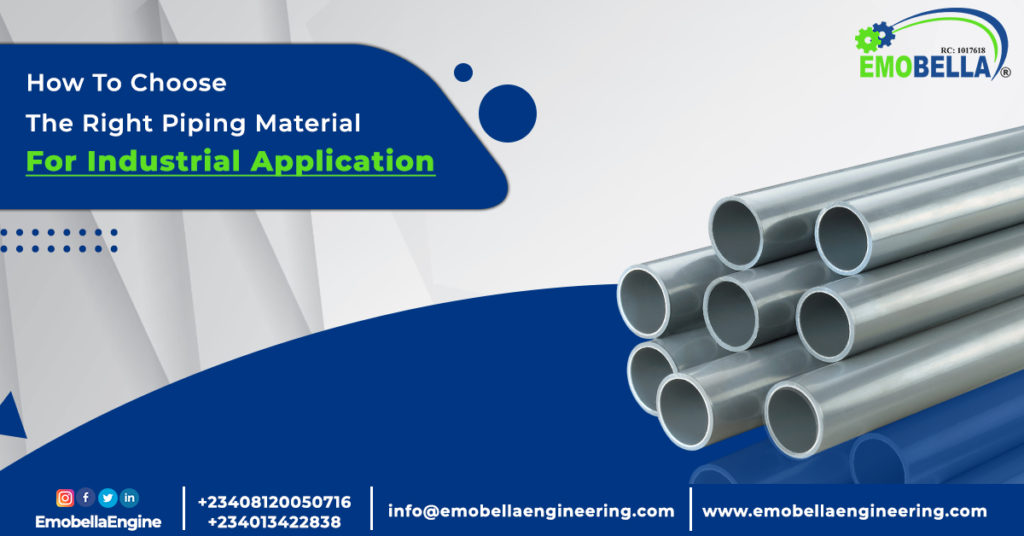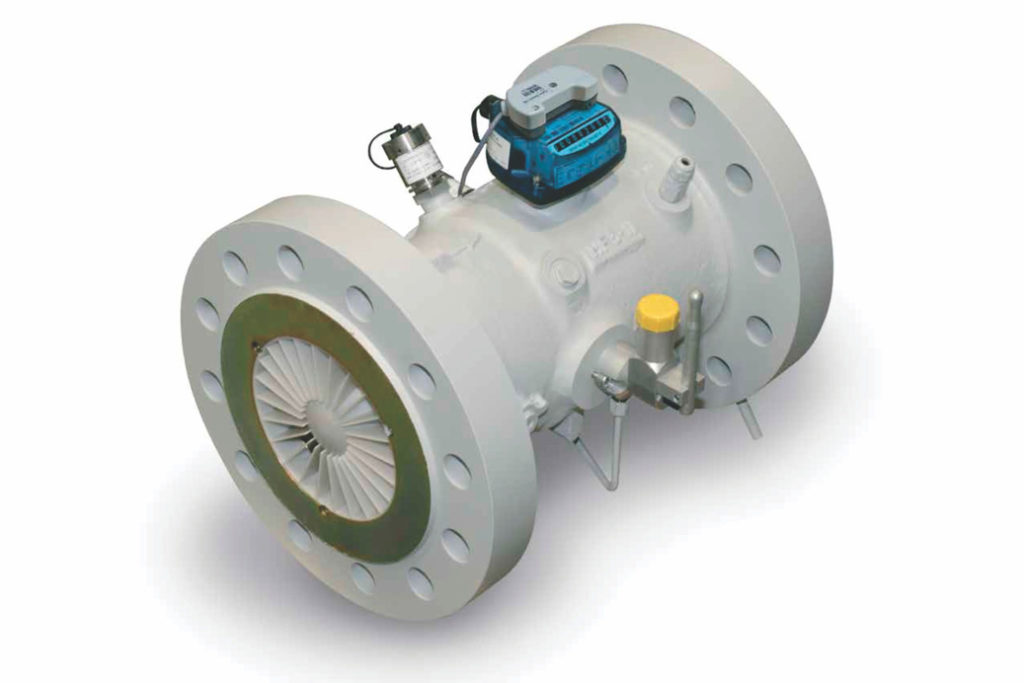A pipe is a hollow cylindrical object used to transfer fluids from one place to another. It is made of either plastic, metal, fiberglass, concrete or wood. Pipes are the heroes that go unseen, they play a significant role in the effective running of all industrial operations – one faulty pipeline, and your entire production process will be ground to a halt.
But then again, not all pipes are the same. Which is why today’s blog is about how to choose the right piping materials, to help ensure that you pick the right pipes to suit your needs.
Let us take a look at the most popular piping materials:
Carbon steel pipes
Carbon steel is thick and designed to withstand plant growth, soil, and saltwater, making it suitable for external piping. However, carbon steel rusts and corrodes if exposed to water for a long time, making this material suitable for short-term projects.
Galvanized steel pipes
Got a short-term project coming up soon? One that involves saltwater? Then galvanized steel is your best bet. They do not rust, which means zero risk of liquid contamination. However, they corrode over time from exposure to salt and water. And corrosion often occurs from the inside out, making it difficult to detect.
Copper pipes
Unlike many other pipe materials, copper is highly durable and more corrosion-resistant. Plus, it’s aesthetically pleasing. However, it can corrode after long-term exposure to fresh and saltwater, and also harsh chemicals.
Aluminum alloy pipes
Aluminum pipes are really good for liquid piping. They do not rust; this means your liquid gets to maintain purity and is transported without contamination. Although, aluminum corrodes over time if used for saltwater or sulfuric materials, they are designed to handle exposure to several oils, liquids, and gases.
Polyvinyl chloride (PVC) pipes
PVC pipes are lightweight and incredibly durable, making them a popular choice for long-term and outdoor applications. They can withstand shocks, corrosion, weathering, and so much more. They last long (100 years estimated), are affordable, and are easy to work with.
Stainless steel pipes
Stainless steel pipes are often overlooked due to how expensive they are compared to the other. But that’s because of the kind of work they do. They are used for carrying corrosive, slurries, and gases, particularly where high temperatures, high pressures, or corrosive environments are involved. Stainless steel is made up of several different alloys which form a protective oxide layer on the surface, allowing it to naturally resist most corrosions. Stainless steel is tough, durable, does not rust or corrode as easily or quickly as other materials.
How can Emobella Engineering help?
There’s a lot to be considered when thinking of the best suitable pipe material for your operations. Every facility is unique and so requires different piping materials for different operations.
We can provide you with the best guidance and most cost-effective support when choosing pipe materials for your next project. Schedule a free consultation today to speak with one of our experts.





